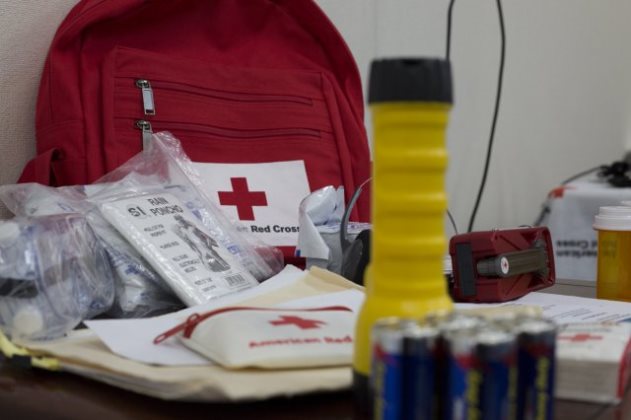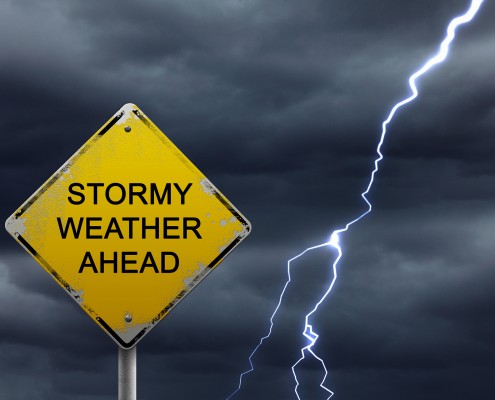
Health and wellness September 6, 2017 By
September is National Preparedness Month (NPM) and the theme for 2017 is “Disasters Don’t Plan Ahead. You Can”. NPM is sponsored by the Federal Emergency Management Agency (FEMA) and the goal of this year’s campaign is to encourage people to prepare for emergencies in their homes, schools, businesses and communities.
Some causes of natural disasters or public health emergencies include floods, wildfires, tornados, and even influenza outbreaks. For those who live along our nation’s coast, hurricanes and tropical storms are also major threats. With the recent devastation of Hurricane Harvey that hit the Gulf Coast of Texas, several citizens are assisting first responders and law enforcement with search and rescue efforts. These volunteers are utilizing resources they have available (boats, etc.), in addition to financial donations. As with all emergency and/or disaster threats, we are proud that American citizens can put all issues aside and work together to assist our fellow man and the families in need.
Disasters can have natural causes, such as flooding during hurricanes, but there are also disasters caused by accidents or terrorists. Whether man-made or a product of nature, a disaster(s) can strike at any time. No matter the cause, being prepared is the first step in ensuring your survival. Do you have a “game plan” setup for you and your family in case of emergency? Plan and prepare as much as possible before disaster strikes, so you can speed up the recovery time and getting back to normalcy.
Each week during the month of September, NPM will focus on readiness themes to encourage people to take the next steps in preparing for an unexpected health emergency or disaster:
- Week One: Create an emergency plan including signing up for weather alerts and warnings in your area.
- Week Two: Check on your neighbors and utilize skills to help yourself and others until help arrives.
- Week Three: Create an Emergency Financial First Aid Kit (EFFAK).
- Week Four: How to equip your community, campus, and faith-based organizations prepare for an emergency.
It’s never soon to start preparing for unexpected events. Visit www.ready.gov for the most up-to-date information on preparedness toolkits, resources, and initiatives.




